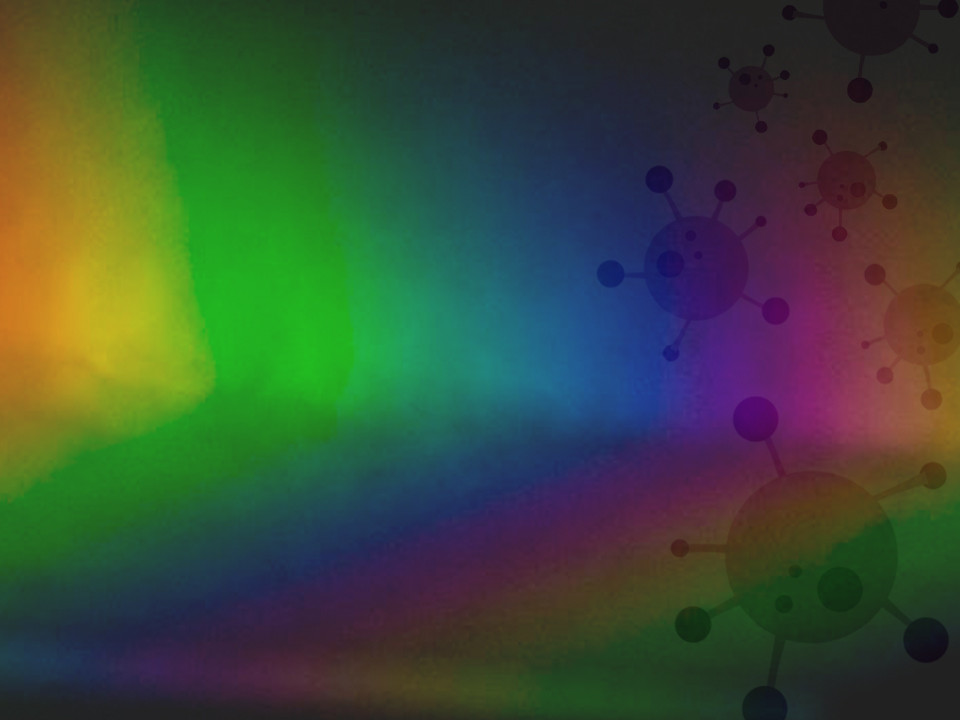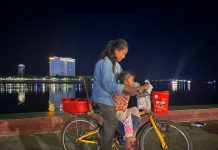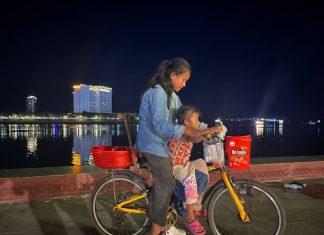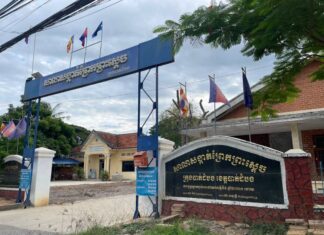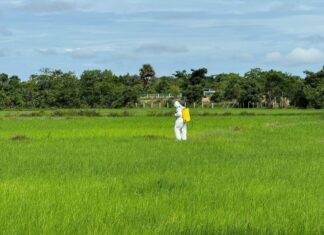Job losses and increased pressure from families have hit LGBT community members in Cambodia as well as Southeast Asian countries especially hard in recent months due to the effects of coronavirus, according to activists.
Reduced funds and volunteers losing jobs have hindered the activities of advocacy groups, while the need to stay home and the fact that many LGBT people are in informal work have meant they have been disproportionately affected, they said.
Kuy Thida, co-founder of Loveisdiversity, a Cambodian LGBTIQ activist group, said many LGBT community members had been facing an especially difficult time since the outbreak of coronavirus earlier this year.
“When the coronavirus came in, we were all partially affected. While at home, we found that they had more pressure than before from their families and their financial issues,” Thida said. “Most LGBT people haven’t been accepted by their family. They have to confront their family with unacceptance everyday.”
To slow down the spread of coronavirus, many governments, including in Cambodia, have shut down schools and other institutions, while many businesses have also had to close down or have mandated that their employees work from home.
Thida said LGBT people worked in a variety of industries, but many worked as freelancers, in garment factories, and as sex workers. These sectors have been among the hardest hit by the economic disruptions caused by coronavirus.
“Due to the closing of the border and the lockdown, some private companies have had to lay off some staff,” Thida added.
Thida noted that LGBT advocacy had also been pushed aside because of focus being drawn to other social issues.
“During this coronavirus situation, LGBT people seem not to be seen, not to be taken into account, not to be mentioned and discussed in the citizen support policy,” he said. “More importantly, during this situation, the government is more focused on the economy. Of course it’s the first priority, but LGBT people seem not to be mentioned [at all].”
Ryan Silverio, regional coordinator for ASEAN SOGIE Caucus, a regional advocacy group, said they had received some reports about harassment against LGBTIQ people at checkpoints.
Borders and businesses have instituted basic health checks for people passing through them out of caution for spreading the virus.
The group has referred some cases to human rights commissions around the region, Silverio said.
They agreed that financial difficulties were among the main challenges facing the community.
“There is economic impact because LGBTIQ organizations have reduced funds, their volunteers lost jobs,” Silverio said in an email. Many LGBTIQ people working in the informal economy as freelancers, sex workers and owners of small enterprises were hit hard by lockdowns, they added.
Last week, the UN’s independent expert on sexual orientation and gender identity (SOGI), Victor Madrigal-Borloz, launched guidelines for a Covid-19 response free from violence and discrimination based on SOGI.
According to the guideline’s overview, the guidelines are a set of recommendations based on six fundamental actions, including “acknowledg[ing] that LGBT and gender diverse persons are everywhere (and that they are hard-hit by the pandemic)” and “protect[ing] LGBT persons from violence and discrimination in the pandemic context (and prosecute perpetrators).”


